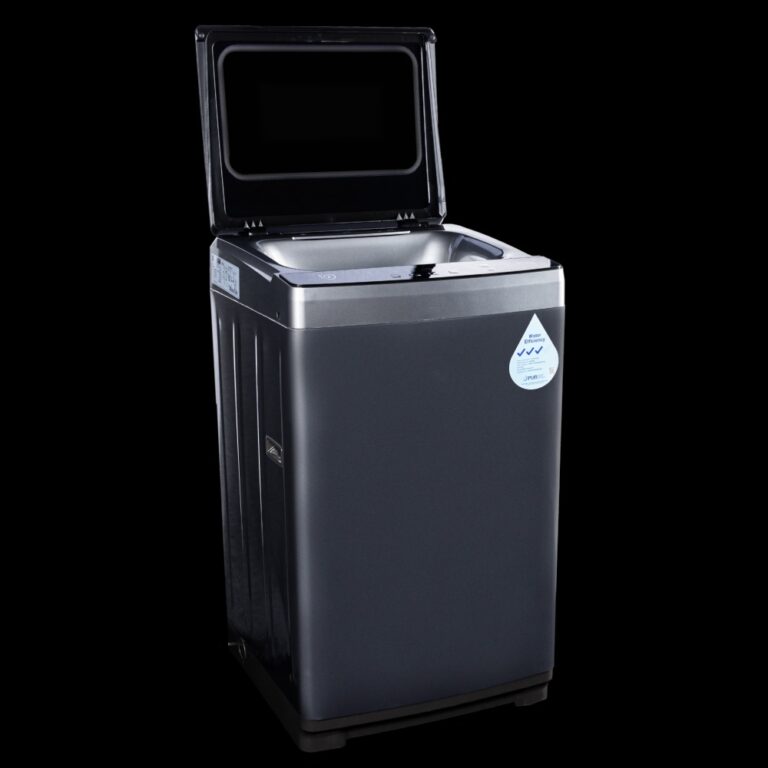Is online notarization the same as mobile notarization?
In today’s fast-paced world, choosing the right notarization method can save time, money, and stress. While both in-person services and digital solutions aim to verify identities and authenticate documents, they operate under different rules and technologies. To understand these distinctions, it’s essential to compare the flexibility of a Mobile Notary with the convenience of online platforms.
Understanding Online Notarization
Online notarization leverages secure video-conferencing technology and electronic signatures. Unlike traditional appointments, this method allows signers to connect with a licensed notary public from anywhere with an internet connection. Requirements typically include multi-factor identity verification, such as credential analysis and knowledge-based authentication. Registries like state-approved electronic notarization (e-notary) commissions monitor compliance, ensuring digital seals and signatures meet legal standards. Although convenient for routine documents, online notarization may not be accepted in all jurisdictions, especially for matters requiring physical presence or wet ink signatures.
Exploring Mobile Notarization
A traveling notary brings the office to you—whether at home, work, or a public location—eliminating travel hassles. This door-to-door approach supports specialized contexts like Hospital Notary Service visits for bedridden patients, ensuring critical documents are notarized without leaving the facility. Mobile notaries are commissioned by state authorities and must follow identical procedures to office-based notaries, using ink stamps and journal entries. Because they operate under traditional state laws, their notarizations carry the same weight as in-office counterparts.
Process and Requirements
Both methods share the goal of identity verification, but the tools differ. In a physical setting, a notary reviews government-issued ID, witnesses the signer’s wet ink signature, and applies an embossing seal. Mobile notaries mirror this process on-site, often adapting to environments like jails or correctional facilities, which is why services such as Jail Notary Service exist. Online notaries, however, scan IDs and record video sessions, embedding digital certificates in electronic documents. Regulatory bodies may require retention of audio-video files for several years, adding a layer of oversight not typically present in mobile appointments.
Benefits of Remote and Mobile Notarization
Each option caters to distinct needs. Online notarization excels in speed, often completing transactions in minutes without scheduling an in-person visit. It’s ideal for routine contracts or forms that don’t demand wet ink. Conversely, mobile notaries serve clients with limited mobility, busy schedules, or specialized locations—prison facilities, hospital rooms, and even airport terminals. For travelers facing tight layovers, Emergency Notary Services can be arranged on short notice, providing flexibility unmatched by online platforms.
Choosing the Right Notarization Method
Selecting between digital and in-person services depends on document type, legal requirements, and personal circumstances. High-stakes transactions—real estate closings, power of attorney, or wills—sometimes mandate physical notarization. In contrast, simple affidavits, acknowledgments, and certified copies often qualify for remote treatment. Organizations frequently maintain both options: hospitals rely on mobile teams for patient welfare, while corporations adopt e-notary systems for bulk processing.
Decision factors include:
-
Jurisdictional Acceptance: Verify if the receiving party recognizes e-notarizations.
-
Document Sensitivity: Critical legal documents may require physical seals.
-
Accessibility Needs: Mobile notaries accommodate clients in constrained environments.
-
Turnaround Time: Online notaries typically offer faster completion.
By weighing these considerations, individuals and businesses can choose between an accessible Mobile Notary visit or a streamlined online session.
Despite technological advances, the fundamental principles of notarization remain consistent: identity confirmation, signer willingness, and record keeping. Both models uphold these tenets, differing only in execution.
In conclusion, while online notarization and mobile notarization share the same legal purpose, they diverge in process, tools, and applicable contexts. Understanding these nuances ensures you select the method that aligns with your document requirements and personal or organizational constraints. Whether you need the immediacy of a digital seal or the personalized touch of an on-site visit—including services like Airport Notary Services for travelers at terminals—knowing when to choose each will streamline your notarization experience.







